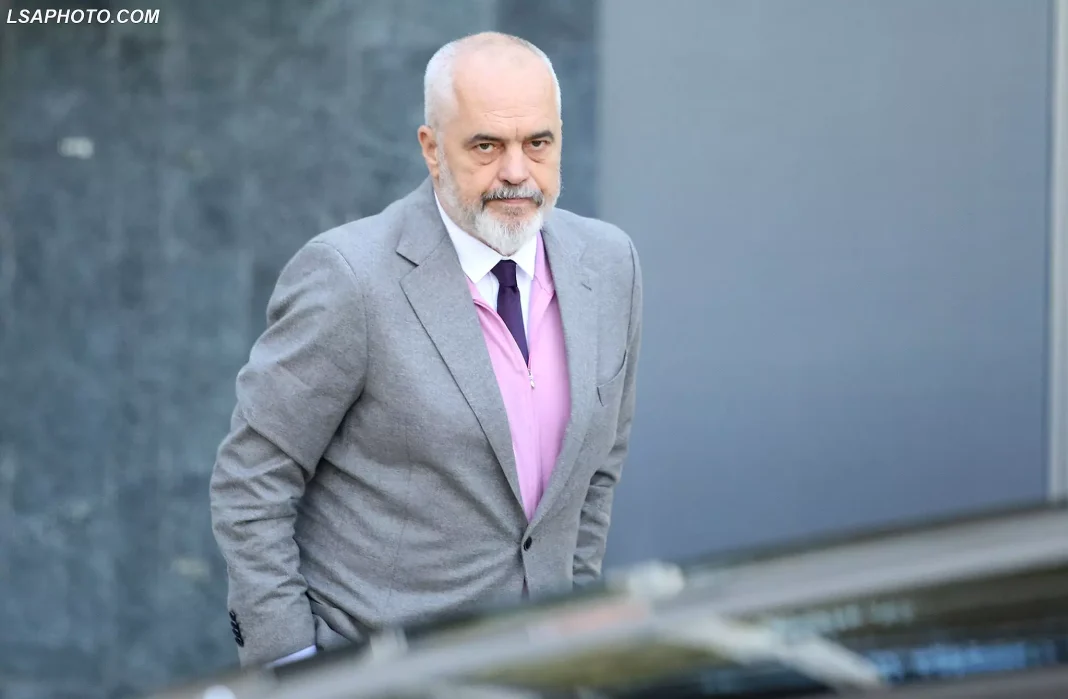By Nevila Gjata – 04/07/2025
A closed-door directive from Prime Minister Edi Rama, without any official announcement, ordering the dismissal of Vlora Municipality directors has sparked both public and institutional debate about the legality of such an action.
Following a private meeting at the municipality, where Rama expressed criticism over specific problems in Vlora like the lack of drinking water and waste burning, the consequences were swift.
In less than 24 hours, 21 directors of Vlora Municipality officially submitted their resignations to Mayor Ermal Dredha. As of the time this article was published, the mayor has not yet signed the resignations
What does the law say?
The Constitution and the Law on Local Self-Government clearly define the autonomy of local governments. Municipalities are directly elected by citizens, and the responsibility for managing the city lies with local officials. Agron Haxhimali, director of the Institute of Albanian Municipalities, told Faktoje.al that according to Law No. 139/2015 ‘On Local Self-Government’ and the Constitution of Albania, municipalities are local self-government units with guaranteed autonomy in managing their competences.
‘The Prime Minister, as the representative of the central executive authority, does not have legal power to intervene in the internal organization of municipalities, including restructuring or appointing internal administrative commissions. Any such action constitutes a direct violation of the principle of local autonomy and interference with independent powers’, Haxhimali said
Is the principle of local autonomy violated in this case?
‘Yes, clearly. The principle of local autonomy, sanctioned in the Constitution (Article 108) and the European Charter of Local Autonomy (ratified by Albania), demands that self-governing units have full freedom to make decisions within their competences. Political interventions from the central level, especially from the Prime Minister, contradict this principle and set dangerous precedents for political capture of local government’, Haxhimali replied.
The chain of appointments in the municipality
At the same meeting in Vlora, Prime Minister Edi Rama introduced restructuring commissions tasked not only with overseeing internal municipal appointments but also with conducting field visits to gather issues and report back every Monday to the local authorities.
The commissions reportedly include members of parliament and individuals active in the Socialist Party (PS).
However, Agron Haxhimali clarifies that, according to both practice and the law, municipal directors are part of the local administration and are appointed or dismissed by the mayor, who serves as the executive head of the local unit. ‘This process is internal and must be guided by professional criteria, approved structures, and the civil service law when applicable. No central institution has the authority to directly influence these decisions, except in cases of serious legal violations and when procedures are initiated by judicial or oversight institutions, he explains.










